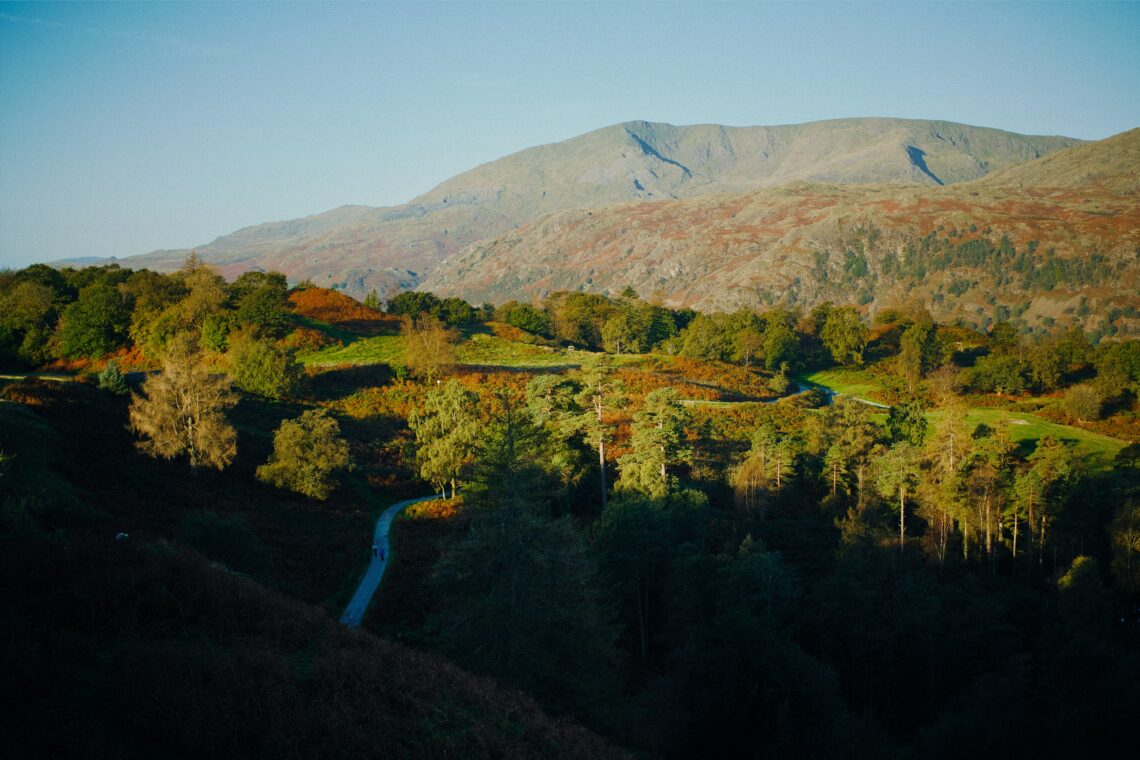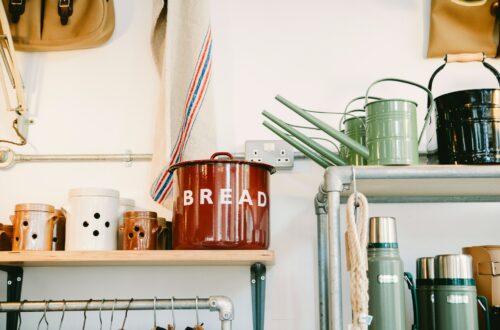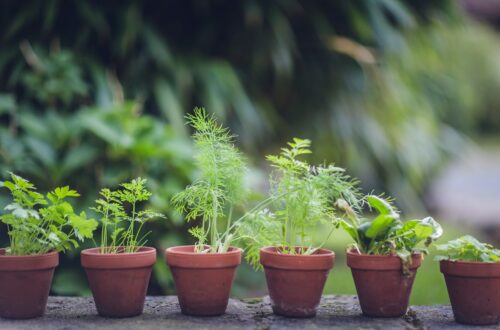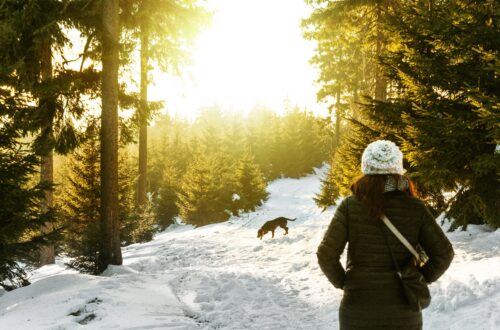
7 eco-friendly New Year’s resolutions
If you’re one of the many people making New Year’s resolutions, you may find that you’re struggling to stick to them.
Many of us choose this time of year to make personal changes, whether it’s to be a bit healthier or take up a new hobby. However, starting the new year being more eco-friendly is an easy and achievable change you can make!
Here are 10 eco-friendly resolutions you can try and hopefully, stick to!
Upcycle
Many of us know that reducing, reusing and recycling are some of the main ways we can be more eco-friendly. To help you get started, try starting the new year with a new hobby. Upcycling is a great way of reducing the amount of rubbish we throw away and it could even earn you some cash.
Clothes and furniture are some of the most common items that are thrown away, often still in good condition. A good place to start is to see if you have any items at home that you’re thinking of throwing away. You can also ask if your friends or family members have any items that you can take off their hands.
Upcycling is a great, creative hobby to take up and you’ll be helping reduce the amount of rubbish going to our landfills!
Gardening
Gardening is a fantastic hobby and is something that you can enjoy all year round, despite the weather! For the environment, creating and maintaining a diverse space or flora and fauna is so important. From providing a home for insects and wildlife to cleaning our air, gardens are so important for our environment.
If you’re not sure where to start, visit Gardens’ World for a handy guide and tips on starting your garden.
Grow your own vegetables
If you’re more interested in food over flora, then growing your own food is a great resolution to make! The UK is lucky to have good weather for various vegetables year round.
Growing your own vegetables can also reduce the amount of food waste you produce, as you’ll be eager to taste your harvest, as well as save you money in the supermarket.
For the environment, growing your own veg reduces the amount of resources used to grow and transport vegetables from further afield. Next time you’re doing your weekly foodshop, take a look at where your fruit and veg has been grown and transported from. The further away, the more resources have gone into getting your food to you. This can have a huge impact on climate change.
January is a great time to plant rhubarb and onions. The Royal Horticultural Society has lots of information on the best time of year to plant and sow your crops, as well as how to get started with your new hobby!
Volunteer
There are so many organisations that are working hard to help tackle climate change. From coastal and rural protection, to wildlife preservation, there are many organisations that always need extra support to fight for their cause.
If you’re interested in protecting marine life, Living Seas is a great organisation to volunteer your time to. They are working hard to protect marine life in the north west of England.
The Lancashire wildlife trust is the largest nature conservation organisation in the north of England. They’re working hard to protect wildlife and campaigning for a greener future.
If you’d like to help create a greener world, Friends of the Earth have hundreds of groups you can join.
For 50 years, our Friends of the Earth groups have run national and local campaigns to protect the natural world and engage their communities on issues like recycling and conservation.
Organise a litter pick
Litter is a big problem and can lead to an even bigger problem. Many communities are taking it upon themselves to arrange and run regular litter picks to help tackle the issue.
Littering may seem like a small issue, but it is harming our wildlife and leading to plastic pollution.
There may already be a local litter pick near you taking place. Visit Cleanup UK to see if there are any established groups near you. You can also register a new group with them if you’d like to arrange your own.
Shop local
Making an effort to shop locally is a great resolution to make. As mentioned, supermarkets often ship produce from different countries which is having a big impact on our climate. A huge amount of greenhouse gases is produced when transporting produce, so shopping locally and buying produce grown locally is a great solution.
On top of this, supermarkets will use a lot of plastic packaging to try and protect your produce as it travels thousands of miles before ending up in your shopping trolley. This means more plastic needlessly being produced, which contributes to global warming, and more plastic in our environment harming wildlife. But when you visit your local market, stall holders will often use next to no packaging on their produce since it has been locally sourced.
We’ve blogged about the importance of visiting your local market.
Reduce your food waste
Food waste is a big contributor to climate change. In fact, 36 million tonnes of greenhouse gas emissions could be prevented if UK homes saved their food from the bins, according to Love Food Hate Waste.
Creating new dishes from your leftovers is a great way to reduce your food waste and avoid your food going to landfill. BBC good food has tons of recipes to use up all of your leftovers.
Happy new year!





